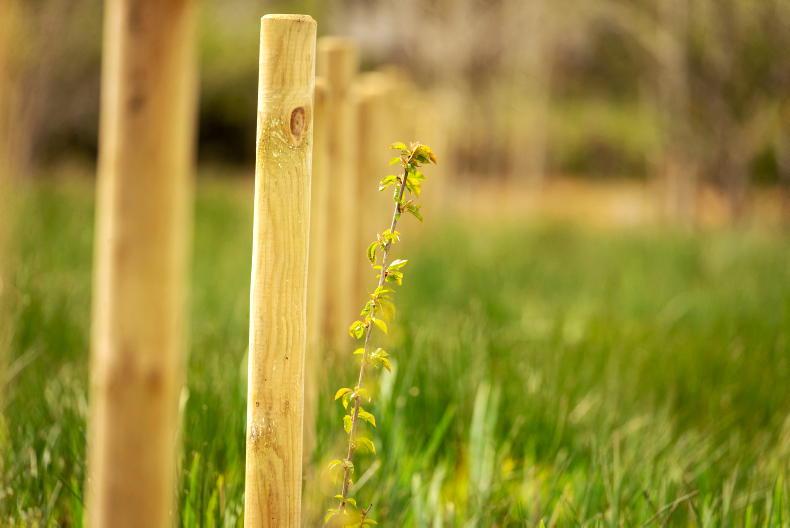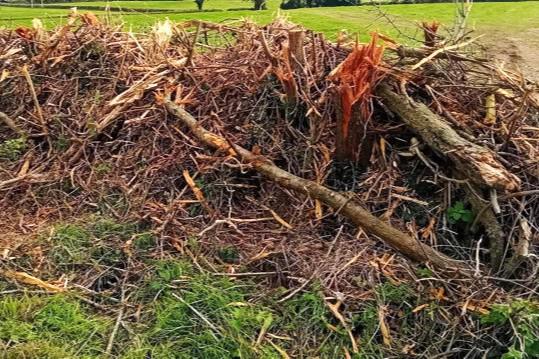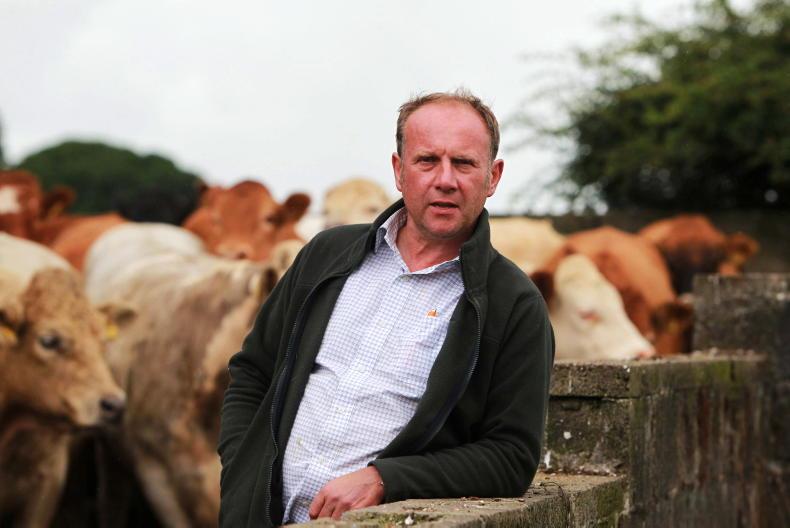One-size-fits-all agri-environment schemes act as a disincentive for farmers to carry out further improvements on their farms, project manager of the Wild Atlantic Nature EIP scheme Dr Derek McLoughlin has said.
He told a webinar on peatland management, hosted by An Fóram Uisce on Friday, that there is no facility for farmers to improve in such schemes.
“For the last almost 30 years or so, we’ve had agri-environment schemes that have been related to biodiversity and we’ve spent quite a lot of money, several billion over the 30 years.
“Most of those have been, if not all of those, a one-size-fits-all and prescriptive approach that says you do X, Y and Z, wherever you are, at a certain time of year, and that's it.
“There is no facility to improve, you’re almost a fool, in fact, if you're trying to do a better job, because there isn't funding there.
"Everybody gets paid exactly the same, regardless of the output, and that acts as a disincentive as well in terms of improvements,” he said.
On future scheme design, McLoughlin said that accounting for factors inside a farmer’s control is something that needs to be considered.
You’re almost a fool, in fact, if you're trying to do a better job
McLoughlin said the results-based approach is very straightforward.
“At its basic level, the higher the ecological quality on the ground, the higher the payment level. It’s typically scored out of 10 on a field level.
“So, the higher the ecological quality, the higher the farmer payments, and that has this effect of aligning the various policies; the nature policies, the water policies, the climate policies, the agricultural policies, that they start to pull in same direction, rather than pulling in different directions,” he said.
He said that communication is important from a farmer’s perspective for future schemes.
Guidance hugely important
“From a farmer's perspective, well why did I only get a six out of 10? Well, the answer there is on the scorecard.
"Where does that fall in terms of the level of drainage on peatland or the occurrence of rhododendron? Why did I get such a good score?
"Because it's a perfectly intact peatland, etc. So guidance is hugely important there as well,” he said.
He said that scorecards in future schemes need to have clearly defined points.
“So these scorecards, they really need to be usable by almost a 12-year-old, that clearly define what one is looking for.
"Quality becomes the key and, for management, advice is very clear as to where it falls in terms of the actual scores,” he said, adding that they could be the key communication tool for farmers in results-based schemes.









SHARING OPTIONS